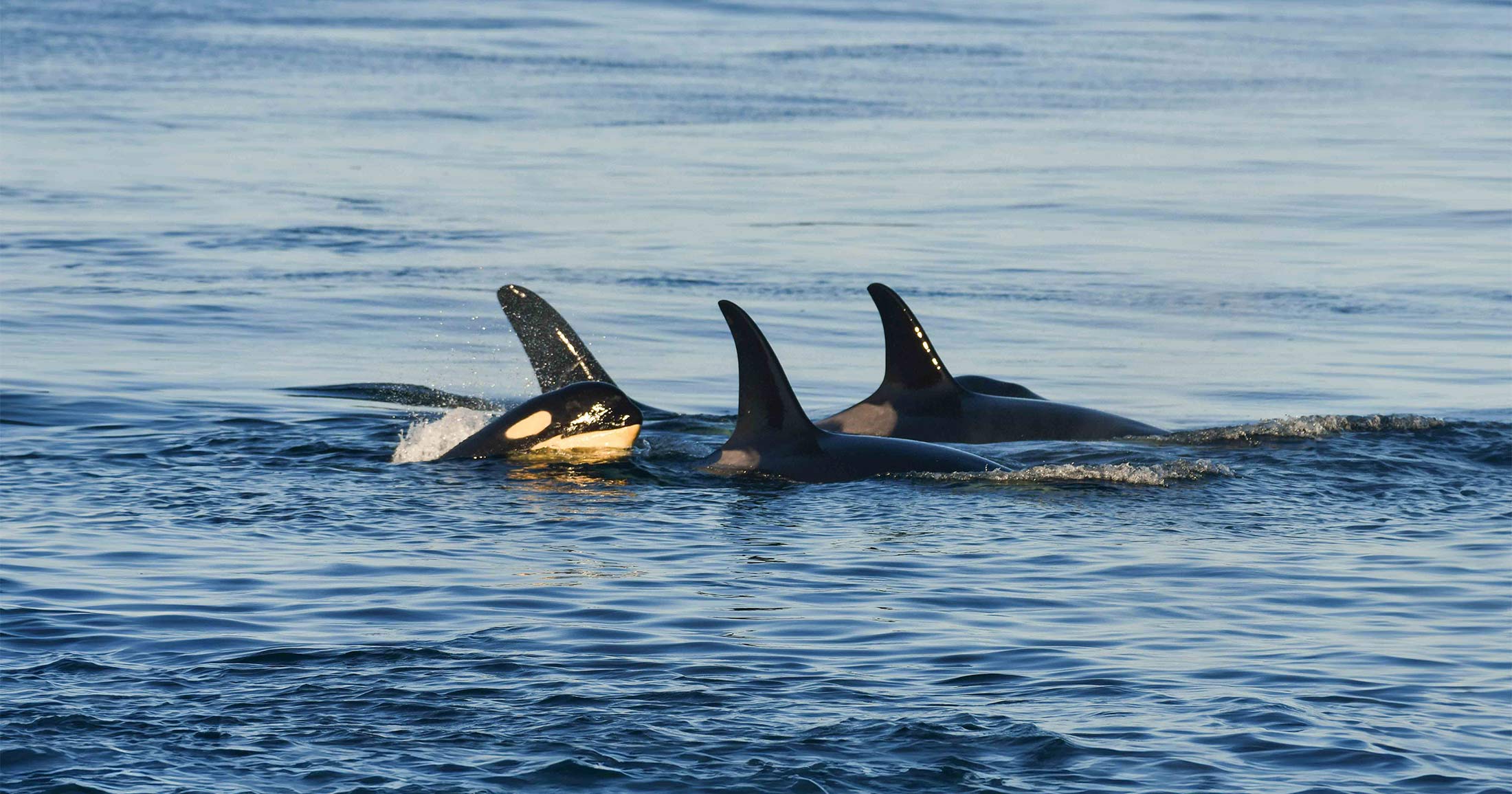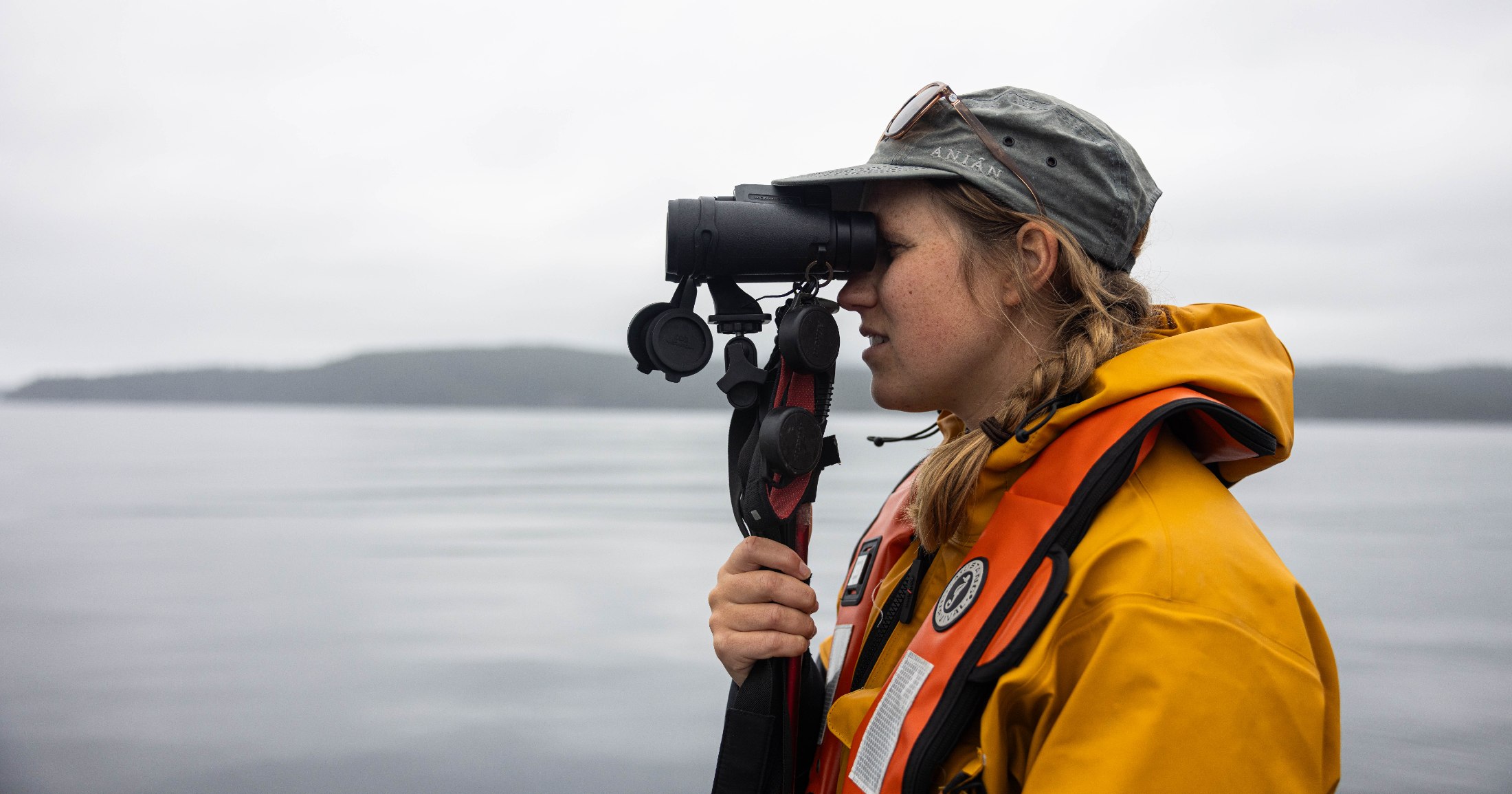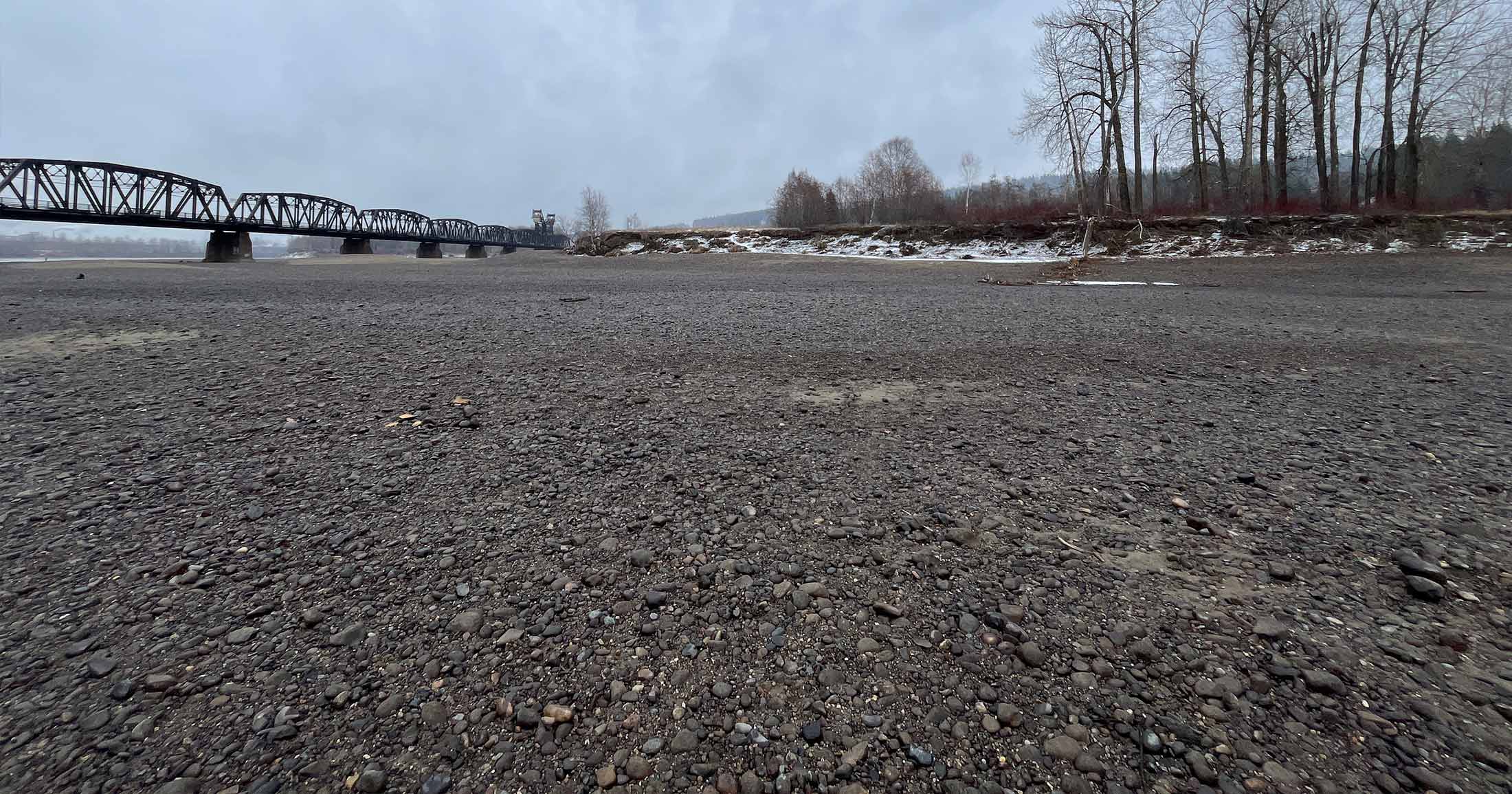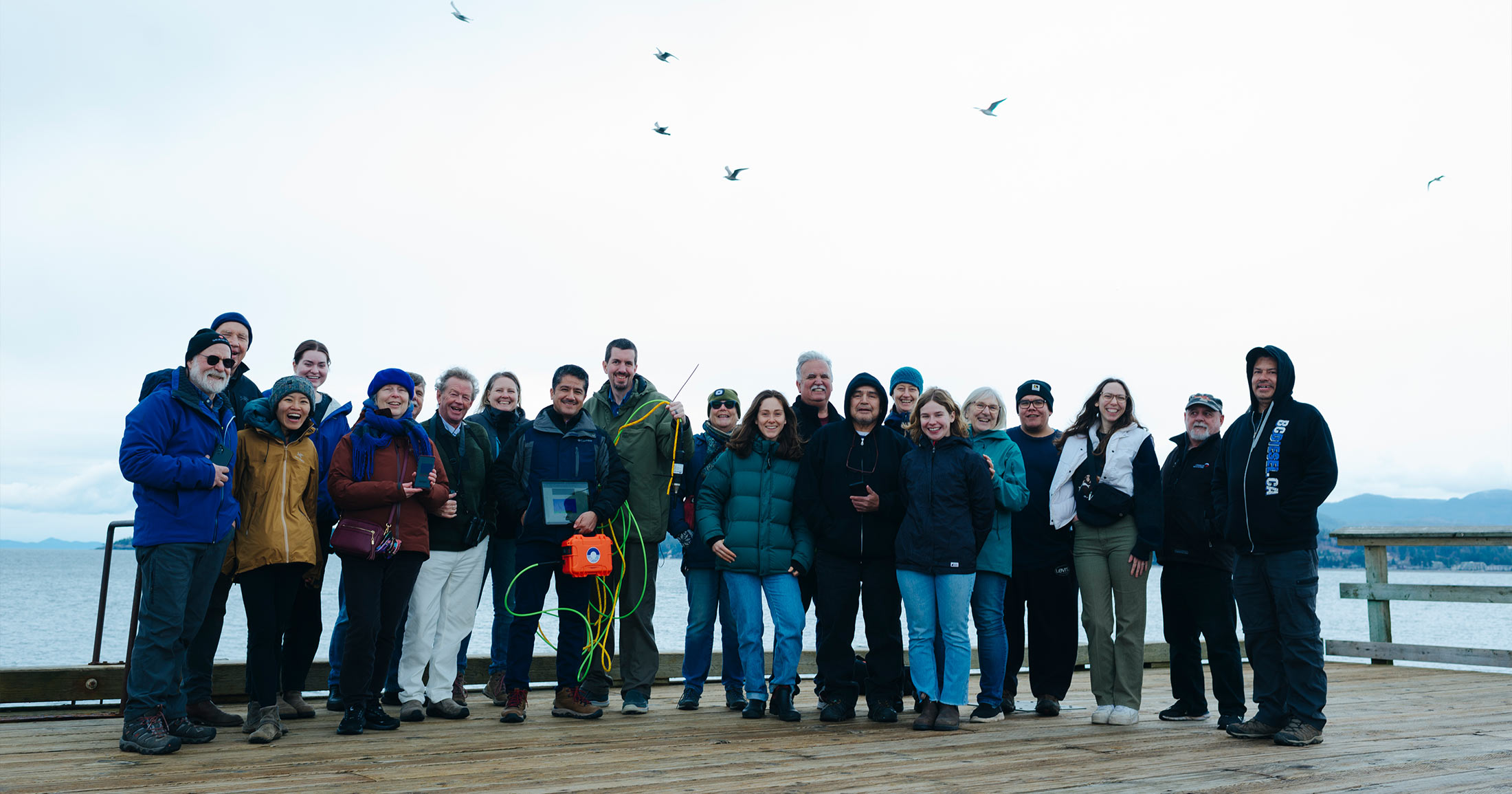Research: Fear of large carnivores causes a trophic cascade
Raincoast researcher publishes Gulf Island study on the role of fear in maintaining healthy ecosystems.
Suraci, J.P., M. Clinchy, L.M. Dill, D. Roberts and L.Y. Zanette. 2016. Fear of large carnivores causes a trophic cascade. Nature Communications, 7: 10698 doi: 10.1038/ncomms10698
Abstract
The fear large carnivores inspire, independent of their direct killing of prey, may itself cause cascading effects down food webs potentially critical for conserving ecosystem function, particularly by affecting large herbivores and mesocarnivores. However, the evidence of this has been repeatedly challenged because it remains experimentally untested. Here we show that experimentally manipulating fear itself in free-living mesocarnivore (raccoon) populations using month-long playbacks of large carnivore vocalizations caused just such cascading effects, reducing mesocarnivore foraging to the benefit of the mesocarnivore’s prey, which in turn affected a competitor and prey of the mesocarnivore’s prey. We further report that by experimentally restoring the fear of large carnivores in our study system, where most large carnivores have been extirpated, we succeeded in reversing this mesocarnivore’s impacts. We suggest that our results reinforce the need to conserve large carnivores given the significant ‘‘ecosystem service’’ the fear of them provides.
Download the full paper (PDF).
Support our mobile lab, Tracker!
Our new mobile lab will enable the Healthy Waters Program to deliver capacity, learning, and training to watershed-based communities. We need your support to convert the vehicle and equip it with lab instrumentation. This will allow us to deliver insight into pollutants of concern in local watersheds, and contribute to solution-oriented practices that protect and restore fish habitat.










